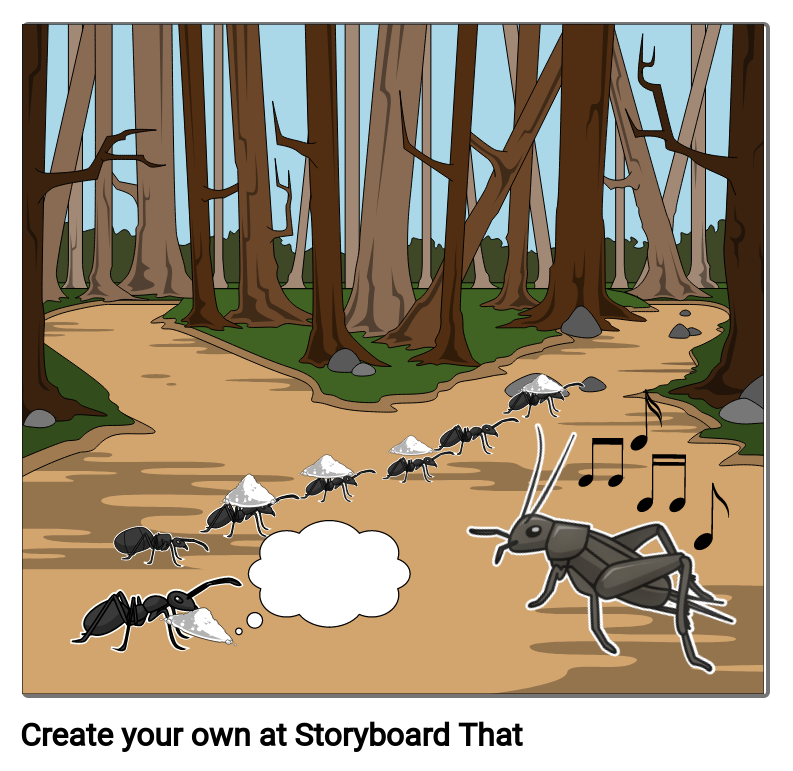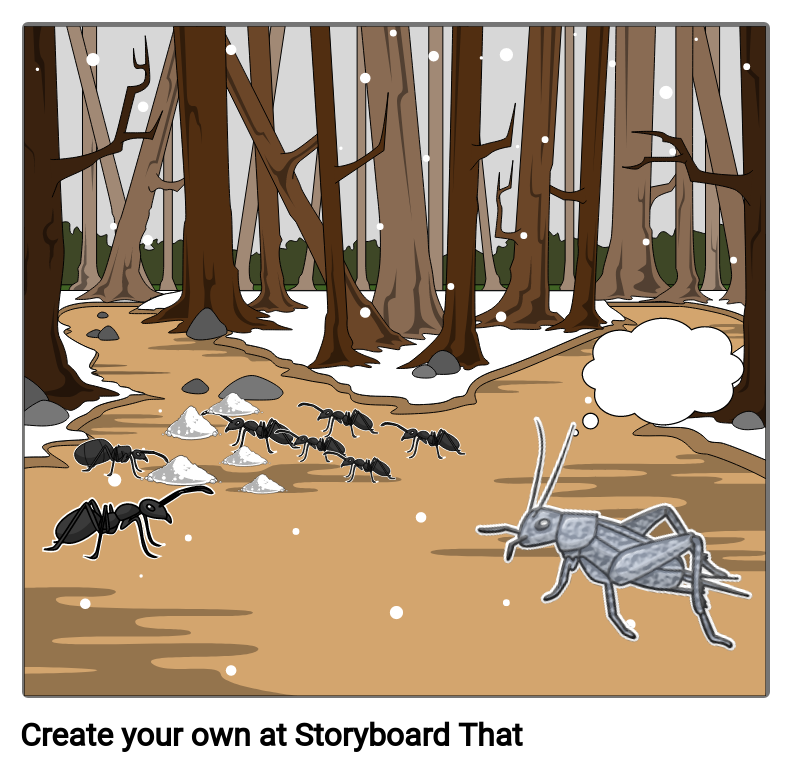PART A_1
Let’s introduce ourselves to each other.
自己紹介をしましょう。
PART A_2
My name is ________________. What is your name?
PART A_3
I am ________________. Nice to meet you.
PART A_4
Nice to meet you too, ________________. Are you a hardworking person?
PART A_5
________________________________. How about you?
PART A_6
________________________________. Let’s begin our lesson!
PART B_1
We will read aloud the words below. Please repeat after me. I will check your pronunciation.
フレーズを音読します。講師に続いて読みましょう。講師は発音を確認します。
(Please send the mispronounced words and phrases to your student.)
PART B_2
| 1. | chirp |
|
さえずる
|
|
| 2. | bear with… |
|
…を我慢する
|
|
| 3. | toil and moil |
|
あくせく働く
|
|
| 4. | lay up |
|
蓄える
|
|
| 5. | bother |
|
構う、じゃまする、悩ます
|
PART B_3
Now, let’s review some words from part B_2.
ではいくつかの単語を復習してみましょう。
(Please review the mispronounced words and expressions from part B_2.)
PART B_4
PART C_1
We will read aloud the passage in short sentences. Please repeat after me. I will check your pronunciation.
文章を1文ずつ音読します。講師に続いて読みましょう。講師は発音を確認します。
(Please send the mispronounced words and expressions to your student.)
PART C_2
| 1. | IN a field one summer’s day |
| 2. | a Grasshopper was hopping about, |
| 3. | chirping and singing |
| 4. | to its heart’s content. |
| 5. | An Ant passed by, |
| 6. | bearing along with great toil |
| 7. | an ear of corn he was taking to the nest. |
| 8. | “Why not come and chat with me,” said the Grasshopper, |
| 9. | “instead of toiling and moiling in that way?” |
| 10. | “I am helping to lay up food for the winter,” said the Ant, |
| 11. | “and recommend you to do the same.” |
| 12. | “Why bother about winter?” said the Grasshopper; |
| 13. | we have got plenty of food at present.” |
| 14. | But the Ant went on its way |
| 15. | and continued its toil. |
| 16. | When the winter came |
| 17. | the Grasshopper had no food, |
| 18. | and found itself dying of hunger, |
| 19. | while it saw the ants distributing everyday corn and grain |
| 20. | from the stores they had collected in the summer. |
| 21. | Then the Grasshopper knew: |
| 22. | “It is best to prepare for the days of necessity.” |
PART C_3
Now, let’s review some words and expressions from part C_2.
ではいくつかの単語や表現を復習してみましょう。
(Please review the mispronounced words and expressions.)
PART C_4
PART C_5
We will read aloud the passage below in short chunks. Please repeat after me. Please read the passage as if you were the character in the story. I will check your pronunciation.
次に文節ごとに音読します。講師に続いて読みましょう。物語の情景を思い浮かべるように感情込めて読みましょう。講師は発音を確認します。
(Please send the mispronounced words and expressions to your student.)
PART C_6
| 1. | IN a field one summer’s day a Grasshopper was hopping about, chirping and singing to its heart’s content. |
PART C_7
| 1. | What was the Grasshopper doing one summer’s day? |
| 2. | Where was the Grasshopper hopping about? |
PART C_8
| 2. | An Ant passed by, bearing along with great toil an ear of corn he was taking to the nest. |
PART C_9
| 1. | Where is the Ant taking the ear of corn? |
PART C_10
| 3. | “Why not come and chat with me,” said the Grasshopper, “instead of toiling and moiling in that way?” “I’m helping to lay up food for the winter,” said the Ant, “and recommend you to do the same.” “Why bother about winter?” said the Grasshopper; “we have got plenty of food at present.” But the Ant went on its way and continued its toil. |
PART C_11
| 1. | What did the Grasshopper want the Ant to do? |
| 2. | What did the Ant recommend the Grasshopper to do? |
PART C_12
| 4. | When the winter came the Grasshopper had no food, and found itself dying of hunger, while it saw the ants distributing everyday corn and grain from the stores they had collected in the summer. |
PART C_13
| 1. | What happened to the Grasshopper when winter came? |
| 2. | What did the Grasshopper see? |
PART C_14
| 5. | Then the Grasshopper knew: “It is best to prepare for the days of necessity.” |
PART C_15
| 1. | Who thought of the idea that it is best to prepare for the days of necessity? |
PART C_16
Now, let’s review your answers.
答え合わせをしましょう。
PART C_17
PART D_1
You will summarize the story. Please fill in the blanks using the appropriate words below. Then, please read aloud the passage. You may refer to the textbook if you need it.
物語を要約します。適切な回答を選び、空欄を埋めて文章を読みましょう。自分の持っている教科書を確認しても構いません。
(Students may refer to their own textbooks when they have a hard time.)
PART D_2
| Options: | (the summer / the winter / nothing / refused / food / singing) |
An Ant came across a Grasshopper in a field. The Grasshopper had a good time ______ and dancing, while the Ant was carrying something to his nest. The Grasshopper said, “Why don’t you join me and have fun?” The Ant ______ the Grasshopper’s offer because he knew he had to work now for _______. Some months later, the winter came. The Grasshopper had _____ to eat. The Ant had plenty of _____, which he had stored during the summer. The Grasshopper now understood: He should have worked during _______ to prepare for the winter.
PART D_3
Now, let’s review your answers.
では答えを復習してみましょう。
PART D_4
PART D_5
Now, please look at the pictures and situations below and answer the questions. I will check if your sentences are complete and if the grammar is correct.
絵とシチュエーションを見て、質問に回答しましょう。講師は文法や文章が完全であるかを確認します。
PART D_6
| Situation: | An ant passed by bearing along with great toil and an ear of corn he was taking to the nest. |

| Question: | What would the Ant think? |
PART D_7
Now, let’s review your answers.
では、あなたの答えを復習してみましょう。
(Please review your student’s answers by sending the correct answers in complete sentences. After that, ask your student to read aloud his or her corrected answers.)
PART D_8
PART D_9
| Situation: | The Grasshopper had no food and found itself dying of hunger. |

| Question: | What would the grasshopper think? |
PART D_10
Now, let’s review your answers.
では、あなたの答えを復習してみましょう。
(Please review your student’s answers by sending the correct answers in complete sentences. After that, ask your student to read aloud his or her corrected answers.)
PART D_11
PART E_1
Now, please answer the following questions. I will check if your sentences are complete and if the grammar is correct.
講師が質問しますので答えましょう。講師は文法と完全な文章であるかを確認します。
PART E_2
| 1. | If you were an ant, what would you tell a grasshopper who was in trouble? |
| Answer: |
| 2. | Which do you prefer, an ant or a grasshopper? |
| Answer: |
| 3. | Why do you think so? |
| Answer: |
PART E_3
Now, let’s review your answers.
では、あなたの答えを復習してみましょう。
(Please review your student’s answers by sending the correct answers in complete sentences. After that, ask your student to read aloud his or her corrected answers.)
PART E_4
PART E_5
Now, please answer the following questions. I will check if your sentences are complete and if the grammar is correct.
講師が質問しますので答えましょう。講師は文法と完全な文章であるかを確認します。
PART E_6
| The moral: |
It is best to prepare for the days of necessity.
必要なときに蓄えるのが一番
|
| 1. | How do you interpret this moral along with the flow of the story? |
| Answer: | |
| 2. | Tell me the story that would best suit this moral. |
| Answer: |
PART E_7
Now, let’s review your answers.
では、あなたの答えを復習してみましょう。
(Please review your student’s answers by sending the correct answers in complete sentences. After that, ask your student to read aloud his or her corrected answers.)
PART E_8